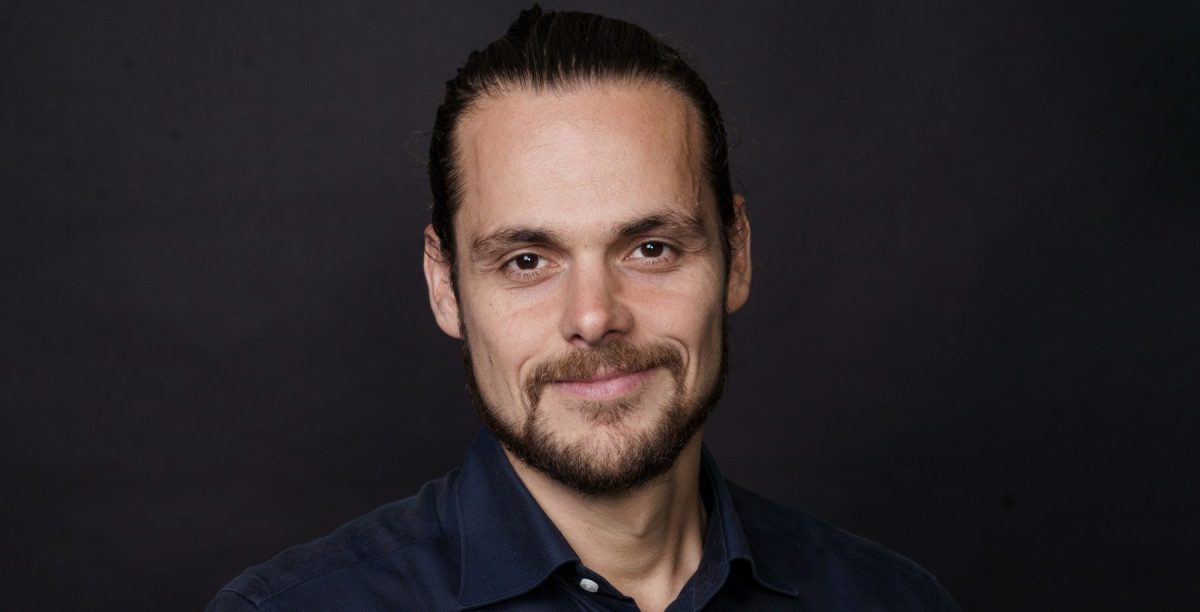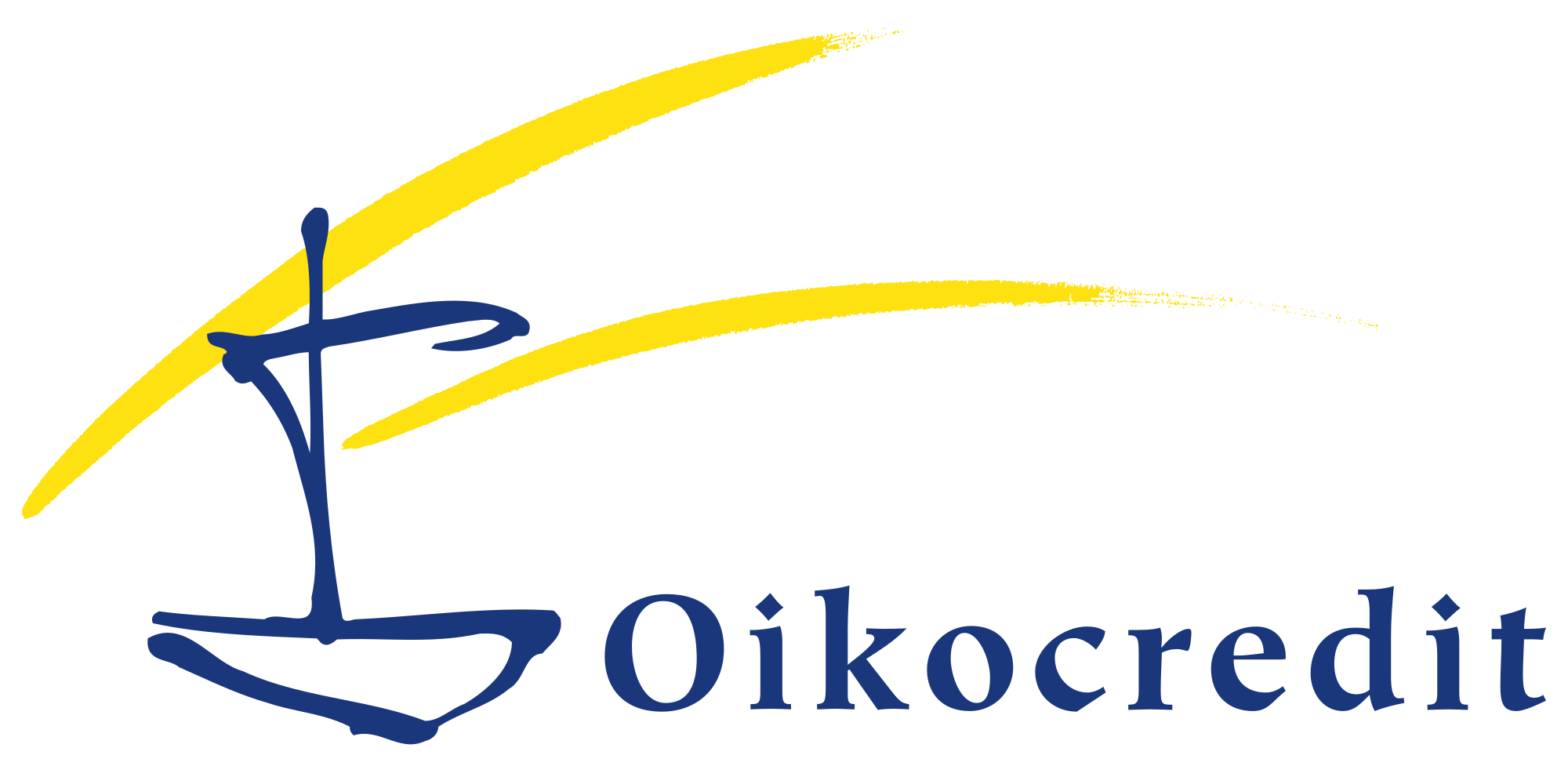The African Clean Energy Group started in 2007 as a South African company that helped businesses install solar panels on their roofs. Since then, it has grown quickly to become a global leader in energy solutions.
African Clean Energy has become the leading independent power producer in Africa. It does this by providing high-quality end-to-end solutions to governments, utilities, corporations, and the wider sector to help with power shortages on the continent.
This company makes biomass cookstoves to get rid of the terrible effects that traditional cooking methods have on people’s health. The company’s stoves help people in Sub-Saharan Africa and Southeast Asia live healthier lives by making clean cooking and renewable energy possible. The stoves run on biomass fuels or solar power and reduce smoke emissions to almost nothing.
With its focus on getting people involved in their communities, African Clean Energy is a key part of economic and social development in many rural areas of Africa.
Diseases caused by HAP kill more than 4 million people every year in underdeveloped countries. Women make up most of them. More people die every year from diseases caused by HAP than from AIDS, Malaria, and tuberculosis altogether.
In the developing world, where 21% of all black carbon emissions come from residential fuel burning, this is the main source of black carbon emissions.
Taking too much wood from forests, especially in Africa, is a major cause of forest loss.
African Clean Energy is one of the first companies to offer a solar-biomass hybrid cooking stove with pay-as-you-go features. This stove can also be used to charge cell phones and provide light, and it uses 50% to 85% less fuel than traditional stoves.
Even poor families can get this product because the payments are less than what a typical family spends on fuel.
With the help of a solar-charged battery, the African Clean Energy energy system not only gives people electricity but also powers the ventilator that is needed for clean biomass combustion.
There are a lot of problems that African Clean Energy is trying to solve. Over three billion people still cook with inefficient methods, don’t use renewable resources, and cause a lot of pollution.
This activity is bad for your health and is a major reason why forests are being cut down. The World Health Organization (WHO) has proved that indoor air pollution causes more than 4 million people to die early every year.
African Clean Energy has a large portfolio of projects all over the continent. Most of these projects are small and medium-sized plants that produce between five and fifty megawatts (MW) of electricity.
Many of these projects are making a big difference in the area around them.
How it Works
Solar Energy Systems
People in the developing world can save money on things like paraffin, batteries, and phone charging because they don’t have to buy them as often but because of their limited capacity, they can’t keep making thermal energy. So, they don’t get the benefits of a cookstove for health, women’s rights, and the environment.
Improved Cookstoves
Using better cookstoves reduces the health, gender, and environmental problems that come with using primitive energy sources.
They also cut down a lot on the amount of energy used but the clean cooking industry has been trying to find more cost-effective ways to deal with this energy problem. As a result, most clean cookstoves on the market are often poorly made and not made to last.
They can’t make a burn that is clean enough or strong enough to make people change the way they cook.
The African Clean Energy One
The African Clean Energy One is a hybrid solar-biomass energy system that can meet the user’s needs for both electrical and thermal energy while putting out almost no smoke.
The African Clean Energy One is a good deal because its users don’t have to pay extra for power when they plug in their electronic devices to charge or use the LED light attachment.
The African Clean Energy One can burn any dry solid biomass fuel, so you don’t have to depend as much on wood fuel that was collected in a way that isn’t good for the environment like animal waste, agricultural residue, and tiny sticks among others.
Additionally, the African Clean Energy One is a revolutionary product that gives people who live off the grid cheap, clean thermal and electrical power by combining future-proof technology with intelligent digital infrastructure and responsive physical infrastructure.
Founders
Ruben Walker

Ruben Walker is the Founder and CEO of African Clean Energy.
He previously worked at Natuurlijk Bamboe BV as a Co-Founder.
Ruben Walker attended Monash University.
Stephen Walker
Stephen Walker is the Founder and Shareholder of African Clean Energy.
He previously worked at Philips Lighting Maseru as a General Manager.
Stephen Walker attended the University of Capetown.
Investors & Funding Rounds
Oikocredit

African Clean Energy is a Certified B Corporation and a social enterprise. Social impact investor Oikocredit gave them a €1 million loan that they can turn into cash to help them grow their business in Uganda.
For more than 40 years, Oikocredit has given money to organizations that work in agriculture, renewable energy, and financial inclusion.
Oikocredit helps the poor in Africa, Asia, and Latin America by giving them loans, investing in their business, and building up their skills. About 670 partners get money from Oikocredit, which has a total outstanding capital of nearly €1 billion.
Main Competitors
Q2Power: It burning methane from landfills could be used to make green, sustainable, decentralized electricity.
GreenChar: This is a company in Kenya that uses waste from sugarcane to make cheap, clean electricity for businesses.
AlsoEnergy: It offers complete solutions for controlling, monitoring, and managing solar PV and solar PV with storage assets.
Related:
WhereIsMyTransport: Story, Founders, Investors & Funding Rounds